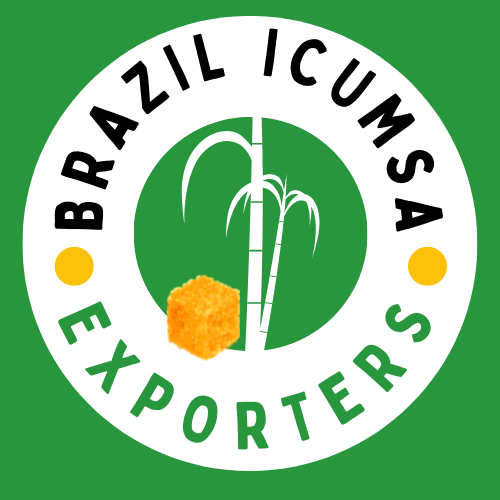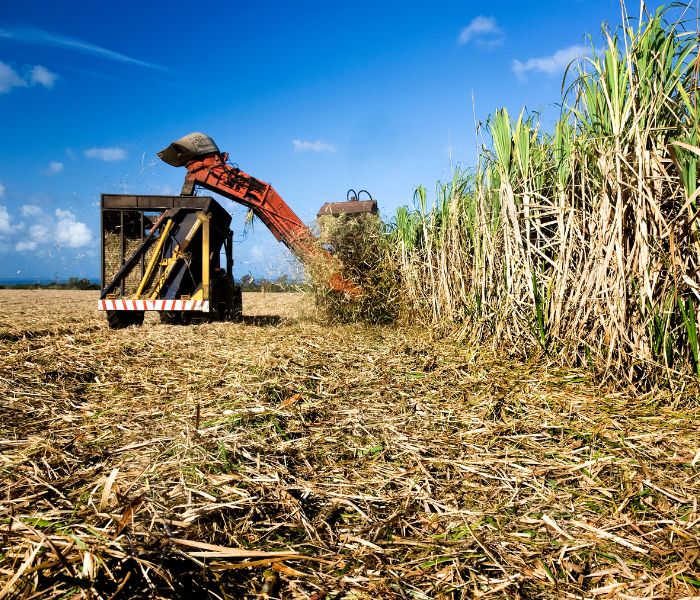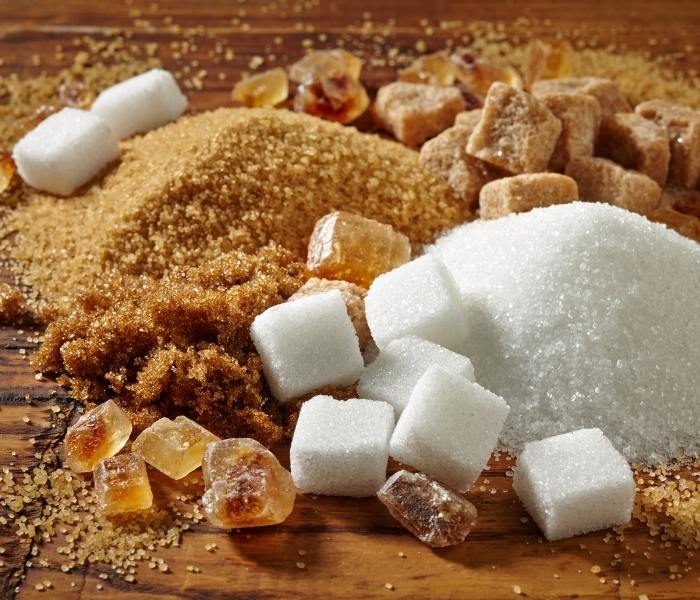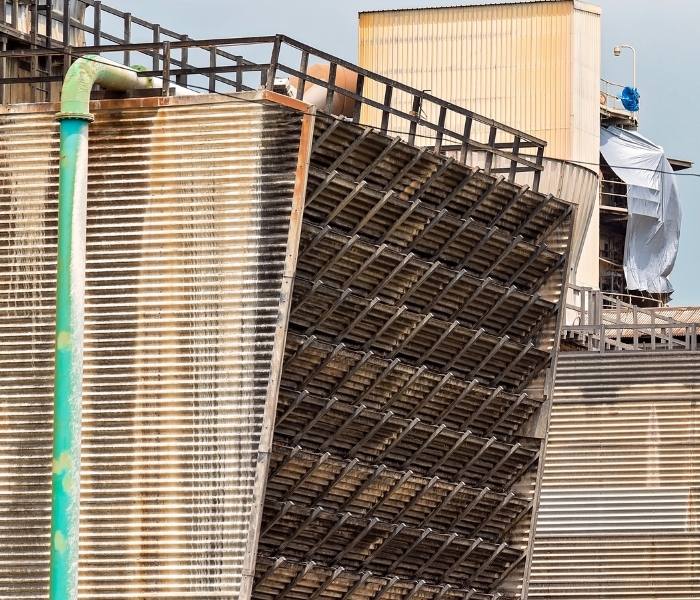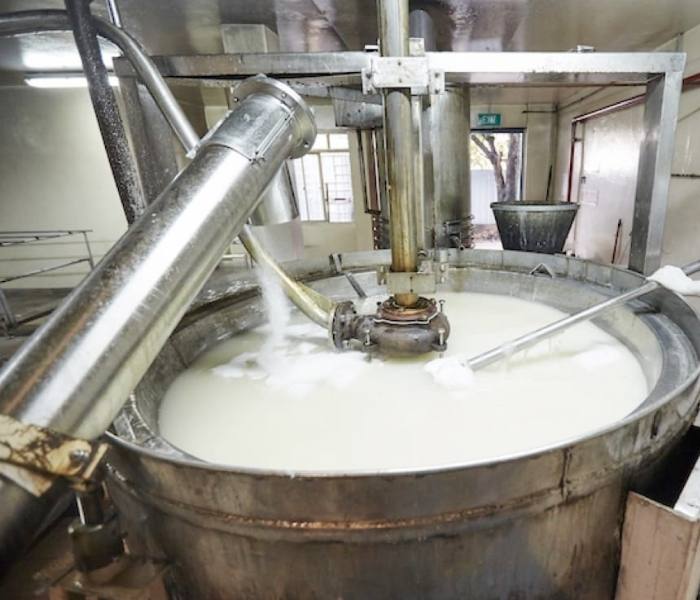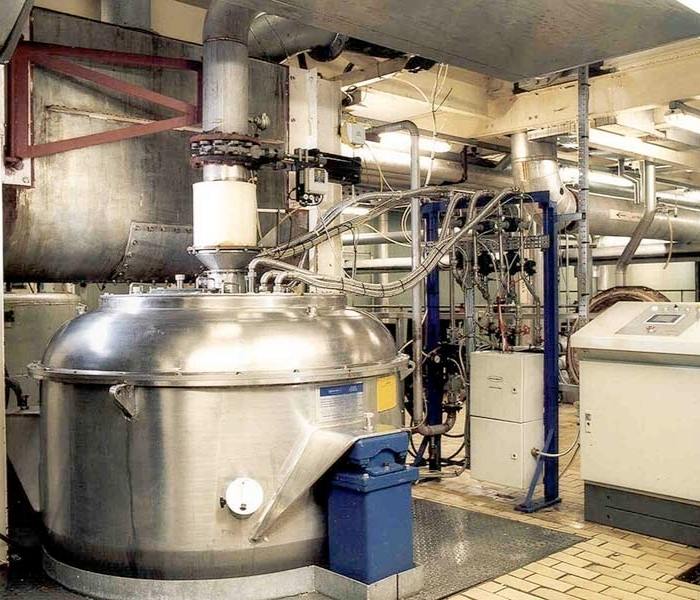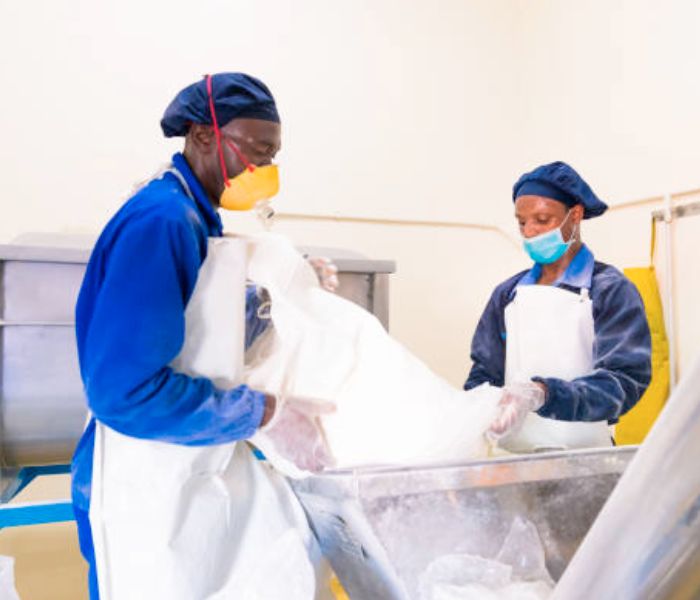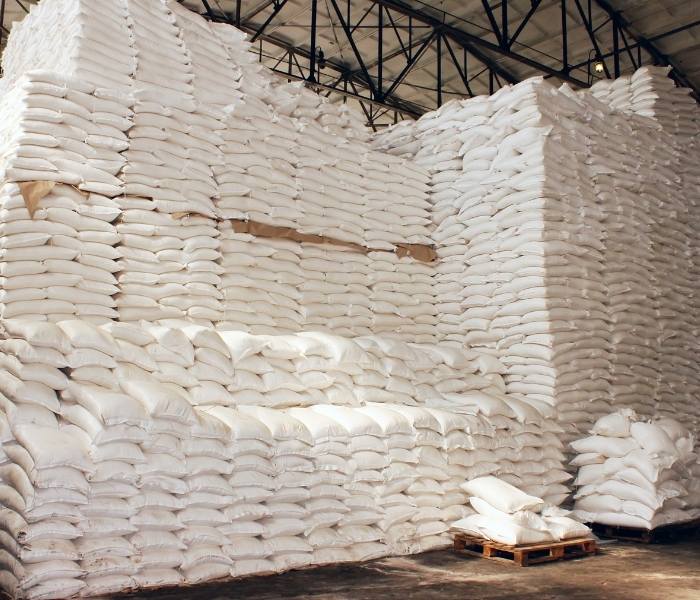Sugar Production Process
Sugar is the most widely available and cost-effective sweetener. The correct name is sucrose, which separates into two components: glucose and fructose. Despite being present in many naturally occurring foods (such as fruits and vegetables), sucrose can only be commercially produced from sugar beet and sugar cane. A significant energy source is a sucrose.
Our raw ingredients come from reputable vendors that are associated with a pure sugar alliance that provides quality assurance.
Our alliance processes beet sugar from European states as well as cane sugar from the Pacific, Asia, Africa, and Caribbean regions. The highest drink, food, and medical safety requirements are followed in the production of all finished goods.
The preparatory phase that the rod goes through involves shattering the stem cells. After that, a conveyor belt runs to the mills where sucrose is extracted. Bagasse is discharged from the final mill into tanks or chimneys for use as fuel or as raw material for creating paper.
The tank is where the juice from the mills goes to reduce the acidity. Juice that has been alkalized is piped to the heaters, where it is heated to almost boiling point. Which solids are decanted after settling? The rum, which may be utilized as fertilizer in the plantations, is retained after the settled solids pass through rotating filters coated with fine metal mesh.
Clarified juice then moves on to the vacuum-operated evaporators, which enable boiling at a lower temperature. To produce a product or treacle, this procedure will eliminate 75% of the water content of the juice.
Vacuum pans are used to heat sucrose-containing syrup. These brews will generate white sugar for immediate consumption, raw sugar for animal production, or sugar for refinement. Sugar takes longer to crystallize, and as a result, more industrial waste is ingested into the dust grains of finely crushed sugar.
The residual honey centrifuges are separated from the sugar crystals. These fast-rotating cylinders have an extremely tiny mesh. Crystals still within the cylinder after the fluid exiting through the mesh are cleaned with water. Honey-type liquids are either returned to the bins or utilized as feedstock in a distillery to make ethyl alcohol. Premium hot water dissolves the sugar retained in the centrifuge meshes and transfers it to the refinery for further processing.
Refining eliminates any possible inorganic dyes that the liquor may have. To create a compound containing the contaminants readily removed in the clarifier, sugar is mixed with acid and calcium saccharate. The resultant liquor was concentrated before being sent through centrifuges to remove the syrup and crystallize again in a bin.
The previous stage’s sugar was acquired by diluting it with water until it created a syrup. It was then filtered and sent to the refining cooking cans, where the water was evaporated to produce another syrup high in sugar. The resultant honey-moisture sugar was then centrifuged.
Drying To prepare refined sugar for packing, it is cleaned with steam condensate, dried with hot air, and sorted according to crystal size.
Directly from the centrifuges to the storage silos comes the raw sugar for export. Bulk cargo is either packed in 50 kg bags for use in the production of animal feed concentrates or is transported to the port on tractor-trailers. Packaging for refined sugar includes presentations of 5, 500, 1000, and 2500 grams, as well as 50, 100, and even tons.
We provide Premium and certified ICUMSA and non-ICUMSA sugars refined in Brazil and ready for export to you. Our Pricing will fit your budget and we provide the best CIF in the market today.

